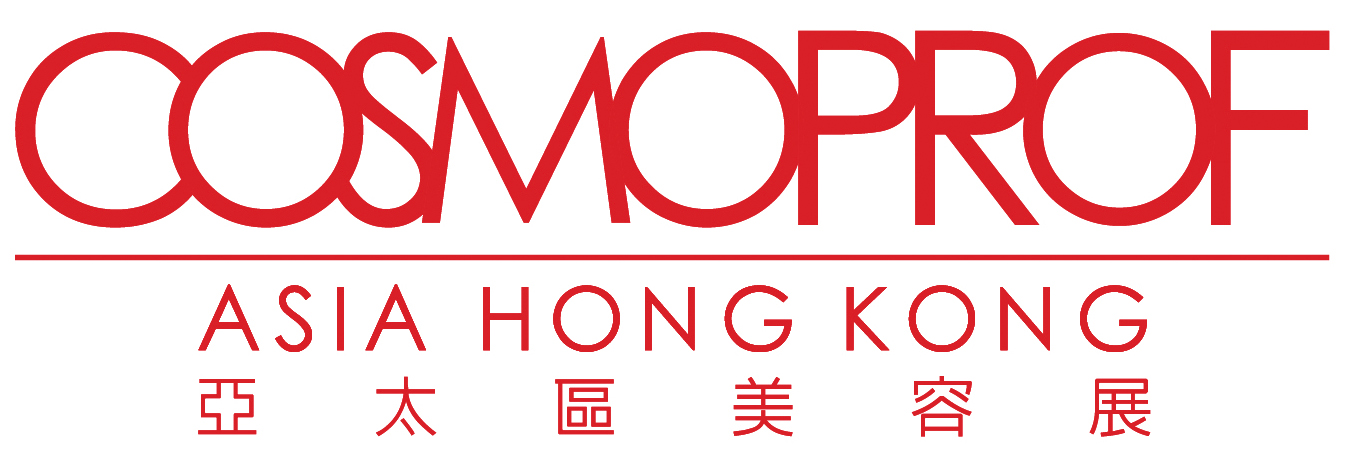In this CosmeticsDesign Q&A, we speak to the experts for a closer look at how the use of renewable resources is reshaping the production of essential skin care ingredients like succinic acid.
Succinic acid is emerging as a pivotal ingredient in the skin care industry and is celebrated for its acne-fighting properties and skin-friendly profile. However, traditional production methods, reliant on petroleum, pose significant sustainability challenges and contribute to environmental concerns.
In response, Professor Huimin Zhao, a biochemical engineering expert at the University of Illinois at Urbana-Champaign (UIUC), has pioneered a more sustainable production approach using sugarcane fermentation.
This innovative method reduces the carbon footprint of succinic acid
* production and sets a new standard for eco-friendly practices in the cosmetics sector.
The research, funded by BioMADE, a national organization dedicated to advancing bio-industrial manufacturing, underscores the industry’s potential for a greener future. Melanie Tomczak, BioMADE’s Chief Technology Officer and Head of Programs highlights the broader implications of Dr. Zhao’s work and the importance of supporting sustainable technology development.
In this CosmeticsDesign Q&A, Dr. Zhao and Ms. Tomczak discuss bio-based succinic acid’s environmental benefits, scalability, and transformative potential in the skin care market.









